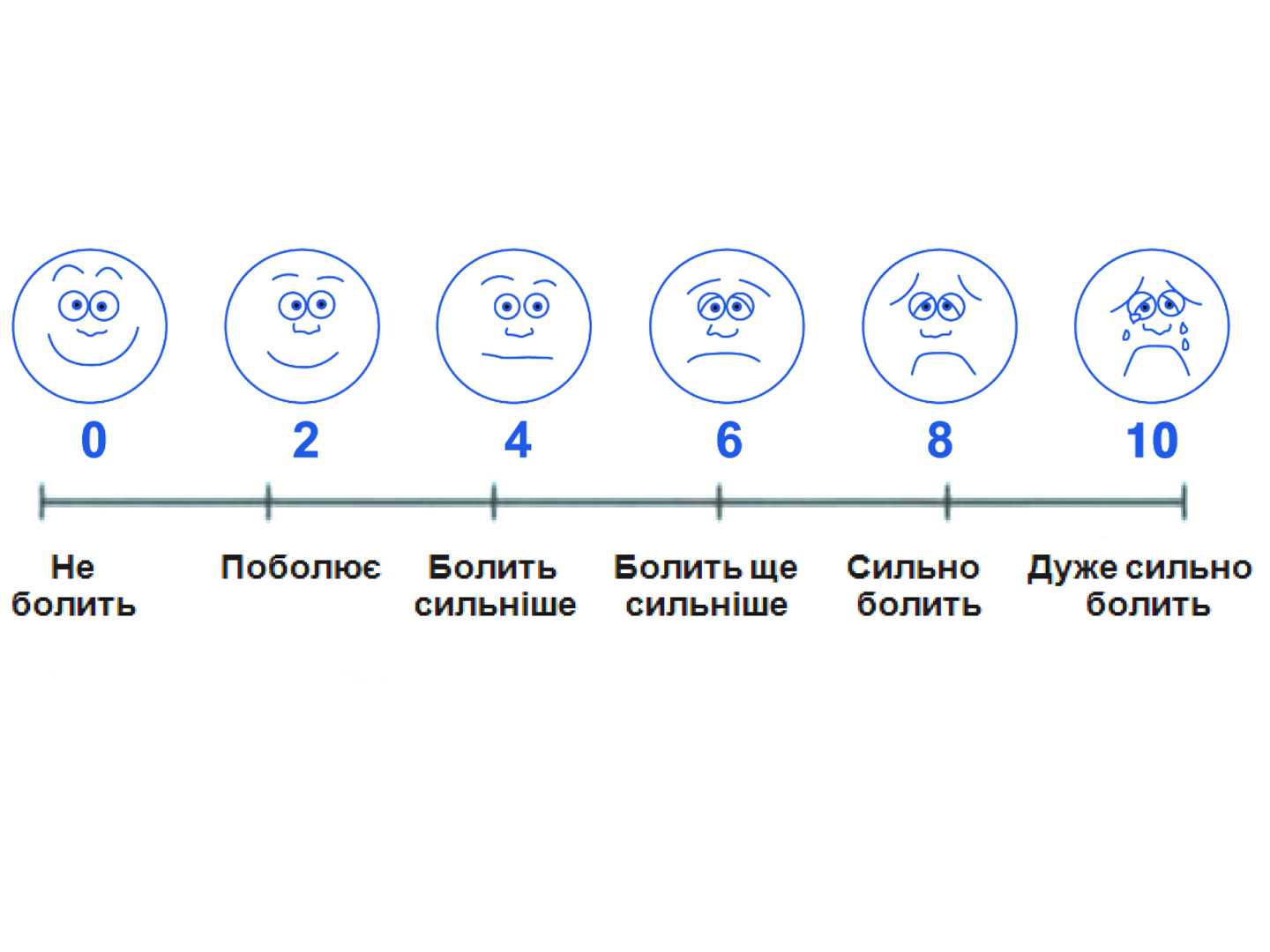Perioperative fluid therapy
Shupyk National Medical Academy of Postgraduate Education, Kyiv
Summary. This article presents a view on the current state of the problem of carrying out perioperative fluid therapy. Much attention is paid to the choice of agents for infusion support in the perioperative period, creation of preoperative preparation programs, intensive care for massive intraoperative blood loss and postoperative management of patients.
Key words: perioperative period, fluid therapy, blood loss, crystalloids, colloids, hydroxyethyl starches, Gekodez, Geсoton, gelatins, Volutenz.
Surgical patients demand transfusion of infusion
solutions in the course of the whole perioperative
period: before operation (in urgent surgeries), in
the course of operation and after it.
Gilbert Park
Patients admitted for treatment in a surgical hospital rather often have water and electrolyte imbalance (WEB). The cause of such disorders is whether surgical pathology itself (for example, peritonitis, intestine blockage, pyloroduodenal stenosis) or a concomitant pathology (decompensated diabetes, cardiac insufficiency etc.). Success of a performed surgical treatment depends largely on proper evaluation and correction of the disorders.
Preoperative fluid therapy
Volumes and tasks of the preoperative infusion preparation depend on many factors and quite often differ when preparing for a planned and emergency surgery.
Planned surgical treatment. When preparing patients for planned surgeries, first of all it is necessary to neutralize defected hemoconcentration values. Thus, in most clinical cases, it is recommended that before any planned surgery haemoglobin level is within 90–100 g/l and over, haematocrit level is not lower than 34–36% and albumin level is not lower than 35 g/l (Boyko V.V., 2011). Maintenance of these values creates optimal conditions for postoperative wound healing as well as prevents from development of serious anaemia due to possible development of intraoperative blood loss.


